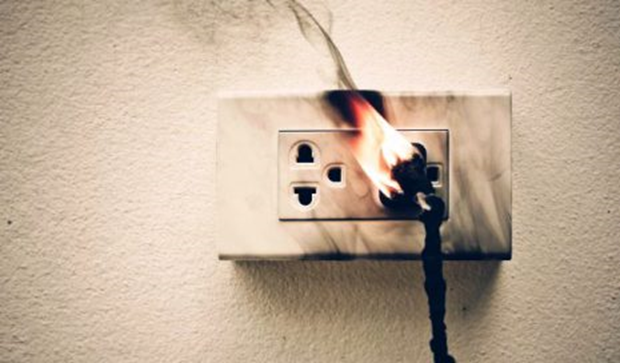A safe home environment is not always enough to control all potential electrical hazards. You must be very cautious and work safely at home especially when you are dealing with home appliances. In line with this, Jumia, the online store you can trust, discuss safety rules to help you prevent any electrical accident in your home.
#1: Only Buy genuine Electrical Appliances and Fittings:
There is currently a very high level of fakery of electrical fittings and appliances, and this presents a serious safety hazards. Ensure that you always procure and install only genuine fittings. When in doubt about the quality, seek expert advise. The cheaper price of the fake is not worth the risk of severe, devastating loss of property – or even life – that can arise from an electrical hazard
#2: Check each extension cord before use
Ensure that the extension is completely free from cracks, tears, or abrasion and that power extension cables haven’t been knotted, which can cause conductor damage and increase the risk of shock or fire.
#3: Keep extension cords in a safe place
The force of you stepping on your extension cords can cause the conductor to break, a problem that can lead to electrical fires. Because it occurs in the core of the cable, conductor damage isn’t always obvious to the eye, so play it safe from the start by guarding the cords with heavy-duty cord covers.
#4: Ensure that all electrical components stay dry
It’s one of the key rules of electrical safety: don’t mix electricity and water. Store power tools and cables above water level when not in use and never use electrically powered tools in a wet environment.
#5: Never modify electrical plugs
When using any home appliances, under no circumstances should you modify an electrical plug so that it will fit into a socket – doing so only increases the likelihood of shock, electrocution, and fire.
#6: Use the right extension cord for the job
Before you plug in, make sure that the wattage rating of the extension cord you’re using is greater than the power requirement of the equipment it’s powering. Using an extension cord to supply more wattage than it’s rated for can cause conductor strain, overheating, and possibly even fire.
#7: Always Switch Off All electrical Appliances When Not In Use
Make it a habit to switch off all electrical appliances when they are not in use, or whenever you’re leaving the house, or office.
















